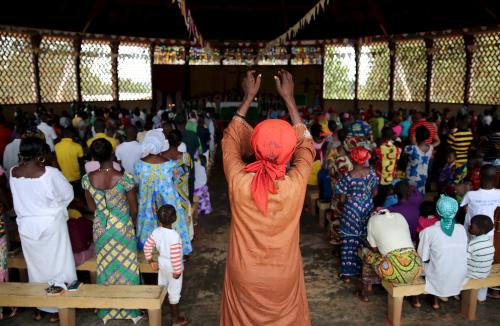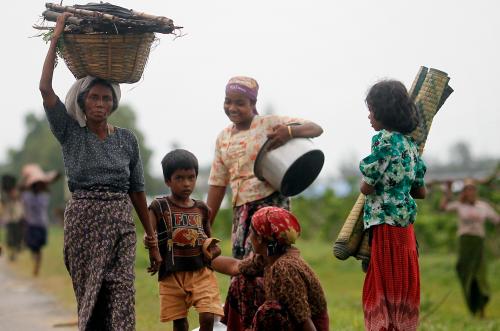People of faith struggle every day with the question of how to translate their spiritiual values into concrete and appropriate responses to people whose lives are unprotected or endagered by their own government. This responsibility—to protect fellow citizens of the world who face death and mistreatment by tyrants who hide behind national sovereignty, and to prevent such situations from occurring—has been under intense debate since the formation of the modern nation-state.
Since the end of the Cold War, however, a more sweeping understanding has developed of how people of faith should act for the global common good in the face of civil conflicts and tyranny rooted in nation-states. One striking example of this is the interfaith advocacy being carried out through the Save Darfur Coalition.
Yet responding collectively in the face of clear crimes against humanity by nation-state leaders does not come easily to the world’s major faiths. The reasons: theological differences in approaches to war and pragmatic uncertainties about the nature of the appropriate response. The relationship between the global common good and the responsibility of the international community to intervene in the internal affairs of other countries in order to protect people whose lives are at risk is known as the “responsibility to protect.” This concept has been the subject of intense debate in international circles over the past two decades.


Commentary
A Faithful Case for Intervention: Our Common Responsibility to Protect Humanity and Prevent Atrocities
September 30, 2007